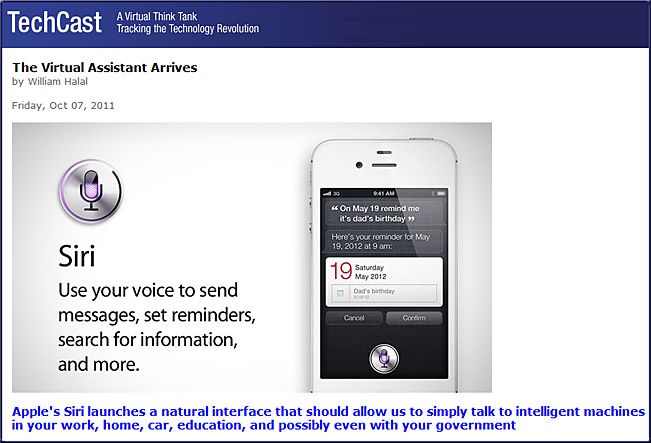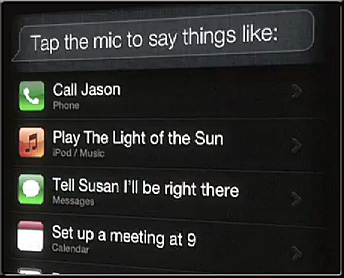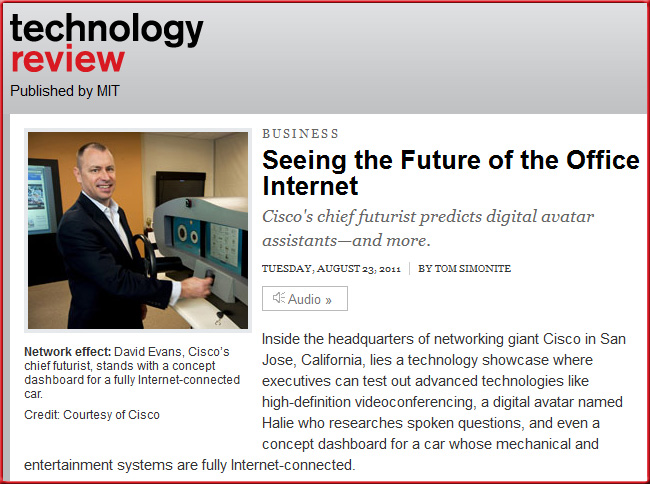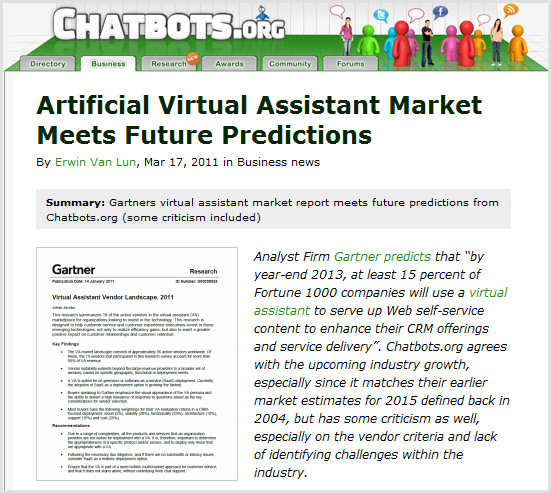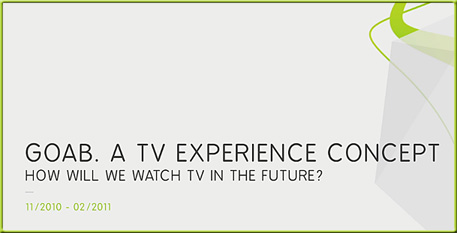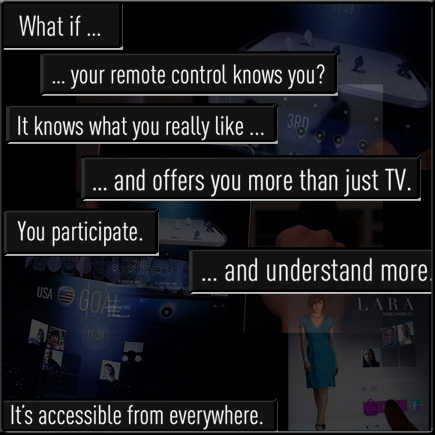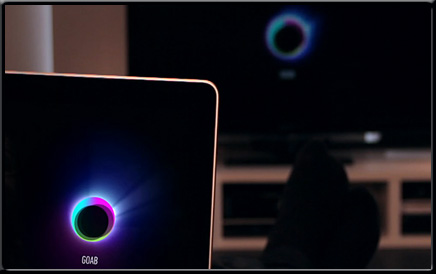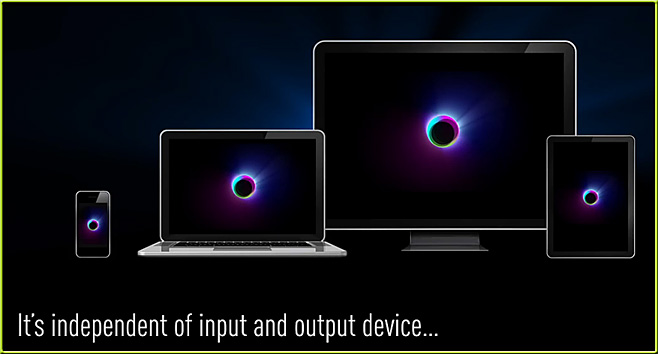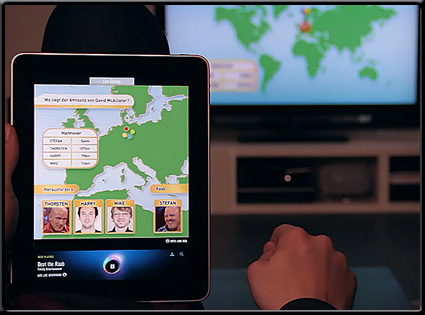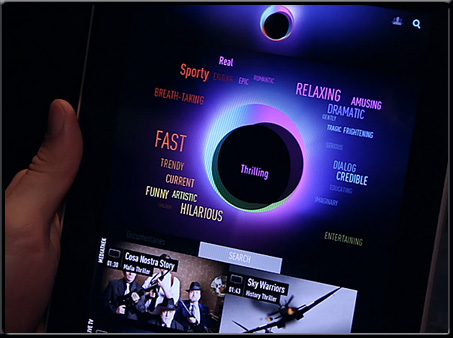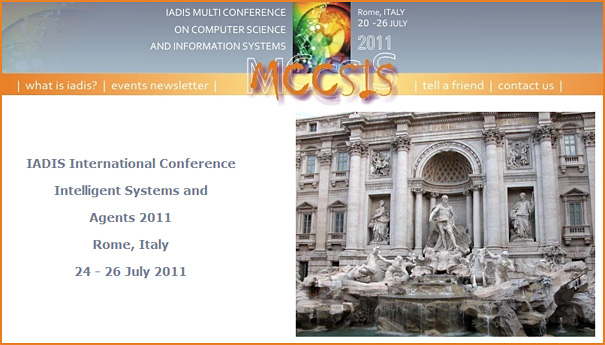From DSC: Expectations, today, are getting hard to beat
Since Apple’s event yesterday, I’ve heard some conversations on the radio and reviewed several blog postings and articles about Apple’s announcements…many with a sense of let down (and some with the usual critical viewpoints by the backseat drivers out there who have never tried to invent anything, but who sure like to find fault with everyone else’s inventions and innovations).
It made me reflect on how high our expectations are becoming these days! It wasn’t enough that iCloud is coming on 10/12 (and who knows the directions that will take society in). It wasn’t enough to introduce some serious software-based innovations such as Siri (which bring some significant advancements in the world of artificial intelligence) or AirPlay for the iPhone. It wasn’t enough to enter into the multi-billion dollar card industry with their new Cards app for the iPhone. Wow…tough crowd.
What might these announcements — and expectations — mean for education?
Well…I can see intelligent tutoring, intelligent agents, machine-to-machine communications, the continued growth of mobile learning, learning from the living room, the initiation of programs/events caused by changes in one’s location, continued convergence of the television/computer/telephone, continued use of videoconferencing on handheld devices, cloud-based textbooks/apps, and more.
Intel predicts Smart TV is the device of the future — from nyxiotechnologies.com’s blog
Chipmaker Intel believes that the Smart TV is the electronic device of the future, in the living room anyway.
Excerpt:
The Smart TV is already upon us, in its various forms from various manufacturers. It has arrived with 3D capabilities, web browsing and social networking and applications. Currently Samsung and LG seem to be two of the big players pushing the Smart TV to consumers.
Also see:
Daniel Christian:
A Vision of Our Future Learning Ecosystems
In the near future, as the computer, the television, the telephone (and more) continues to converge, we will most likely enjoy even more powerful capabilities to conveniently create and share our content as well as participate in a global learning ecosystem — whether that be from within our homes and/or from within our schools, colleges, universities and businesses throughout the world.
We will be teachers and students at the same time — even within the same hour — with online-based learning exchanges taking place all over the virtual and physical world. Subject Matter Experts (SME’s) — in the form of online-based tutors, instructors, teachers, and professors — will be available on demand. Even more powerful/accurate/helpful learning engines will be involved behind the scenes in delivering up personalized, customized learning — available 24x7x365. Cloud-based learner profiles may enter the equation as well.
The chances for creativity, innovation, and entrepreneurship that are coming will be mind-blowing! What employers will be looking for — and where they can look for it — may change as well.
What we know today as the “television” will most likely play a significant role in this learning ecosystem of the future. But it won’t be like the TV we’ve come to know. It will be much more interactive and will be aware of who is using it — and what that person is interested in learning about. Technologies/applications like Apple’s AirPlay will become more standard, allowing a person to move from device to device without missing a beat. Transmedia storytellers will thrive in this environment!
Much of the professionally done content will be created by teams of specialists, including the publishers of educational content, and the in-house teams of specialists within colleges, universities, and corporations around the globe. Perhaps consortiums of colleges/universities will each contribute some of the content — more readily accepting previous coursework that was delivered via their consortium’s membership.
An additional thought regarding higher education and K-12 and their Smart Classrooms/Spaces:
For input devices…
The “chalkboards” of the future may be transparent, or they may be on top of a drawing board-sized table or they may be tablet-based. But whatever form they take and whatever is displayed upon them, the ability to annotate will be there; with the resulting graphics saved and instantly distributed. (Eventually, we may get to voice-controlled Smart Classrooms, but we have a ways to go in that area…)
Below are some of the graphics that capture a bit of what I’m seeing in my mind…and in our futures.
Alternatively available as a PowerPoint Presentation (audio forthcoming in a future version)
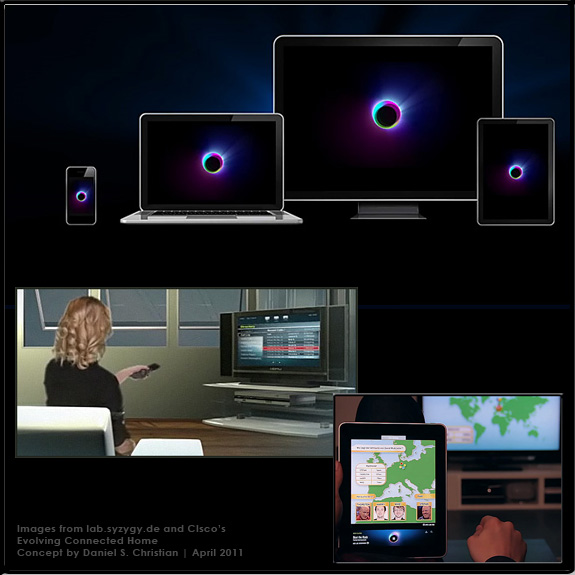
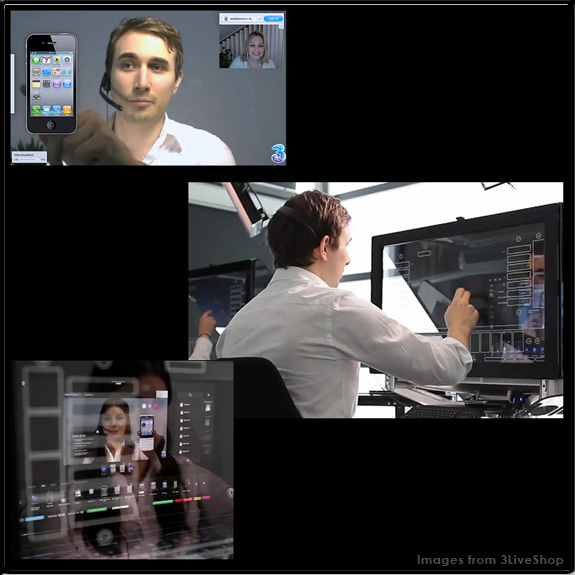

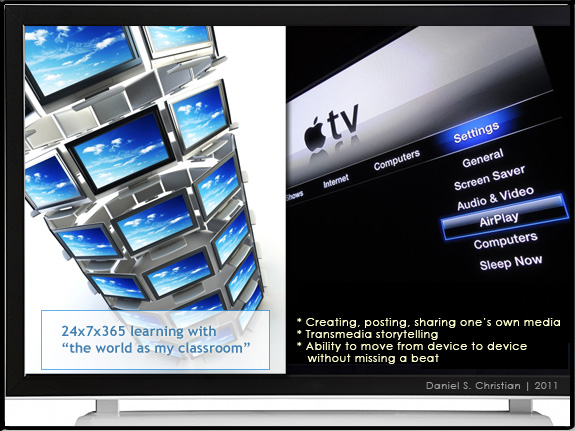
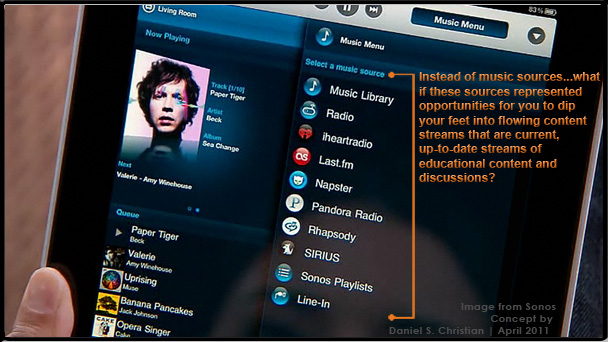
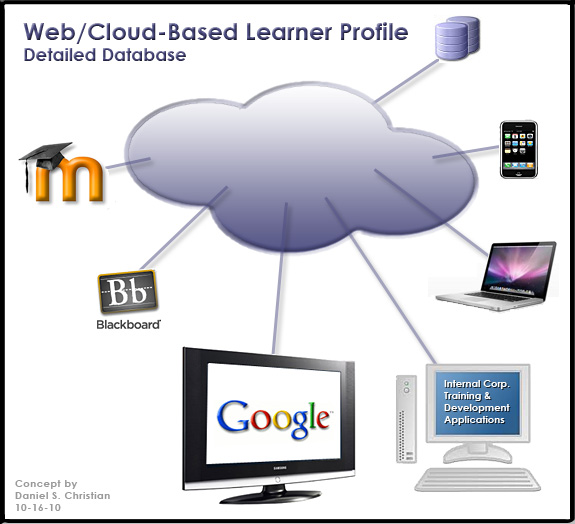

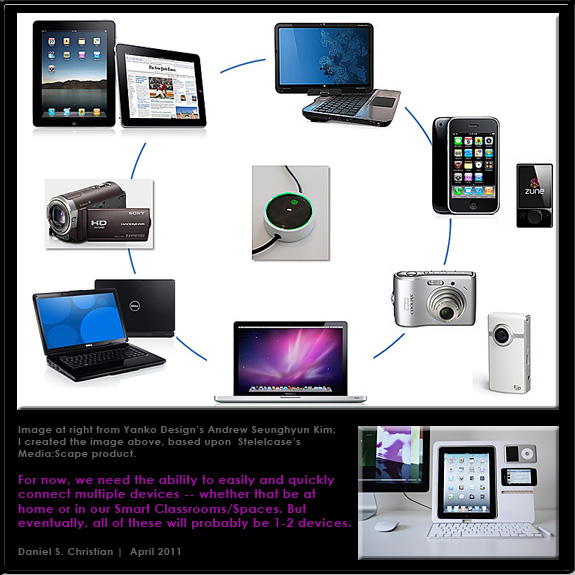
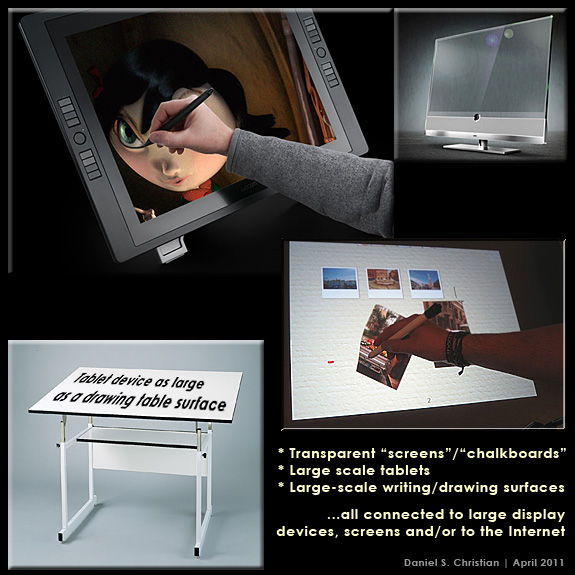
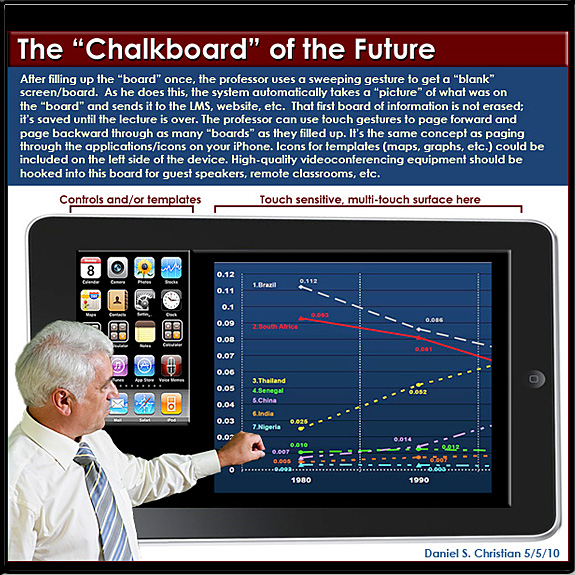
— from Daniel S. Christian | April 2011
- Hunch brings predictions to Internet TV — from ReadWriteWeb.com by Mike Melanson
- Group video calling comes to iPhone & Android in Fring beta test – from Mashable.com by Jennifer Van Grove
- State of the Art Tutoring is Going Online — from chatam.patch.com by K.F. Rogers (originally saw at Ray Schroeder’s blog)
- Storytelling: Video games’ next killer app — from CNN.com by Scott Steinberg
- YouTube finally launches live streaming portal to select partners — from ReadWriteWeb.com by Marshall Kirkpatrick
- The art of immersion, digital storytelling and transmedia — from Six Pixels of Separation
- Reversing course, U. of California to borrow millions for online classes — from The Chronicle by Josh Keller
- Non-stop Learning Futures conference spans three time zones to mirror demands of 24/7 global society — from 24dash.com
- Call for presentations: Online learning, teaching, and research in the new media ecology — from Ray Schroeder and the Sloan Consortium
…It is clear that we are in the midst of rapid and ongoing changes in the way that we communicate and represent ideas and these changes have profound consequence for how we know, learn, think, and teach in higher education and beyond. The dizzying pace of change is highlighted by the fact that even the relatively new conventions of online education associated with asynchronous learning networks are being challenged by emerging means of access, such as mobile and cloud computing, new forms of communication, such as video streaming and instant messaging, as well as the innovative modes of participation represented in social media.
Addendum on 4-14-11:
- Surprise! Online TV is billion-dollar biz — from cnn.com
From DSC:
In my mind, this area of intelligent systems and agents is one of the most important areas to watch in the years ahead. Such efforts should help us develop sophisticated systems that can help deliver personalized, customized education at the K-12 and higher ed levels…and perhaps will be relevant in the L&D space as well.
The innovations that come from this area may make hybrid-based — as well as 100% online-based learning — incredibly powerful!
If someone can develop such systems and make them available at far cheaper prices than exist today, a quality “Walmart of Education” will truly have been built.
Per the Call for Papers section, the topics for this conference include, but are not limited to:
| Area 1 – Intelligent Systems
– Algorithms – Artificial Intelligence – Automation Systems and Control – Bioinformatics – Computational Intelligence – Expert Systems – Fuzzy Technologies and Systems – Game and Decision Theories – Intelligent Control Systems – Intelligent Internet Systems – Intelligent Software Systems – Intelligent Systems – Machine Learning – Neural Networks – Neurocomputers – Optimization – Parallel Computation – Pattern Recognition – Robotics and Autonomous Robots – Signal Processing – Systems Modelling – Web Mining
|
Area 2 – Agents
– Adaptive Agent Systems – Agent Applications – Agent Communication – Agent Development – Agent middleware – Agent Models and Architectures – Agent Ontologies – Agent Oriented Systems and Engineering – Agent Programming, Languages and Environments – Agent Systems – Agent Technologies – Agent Theories – Agent Trends – Agents Analysis and Design – Agents and Learning – Agents and Ubiquitous Computing – Agents in Networks – Agents Protocols and Standards – Artificial Systems – Computational Complexity – eCommerce and Agents – Embodied Agents – Mobile Agents – Multi-Agent Systems – Negotiation Strategies – Performance Issues – Security, Privacy and Trust – Semantic Grids – Simulation – Web Agents |









